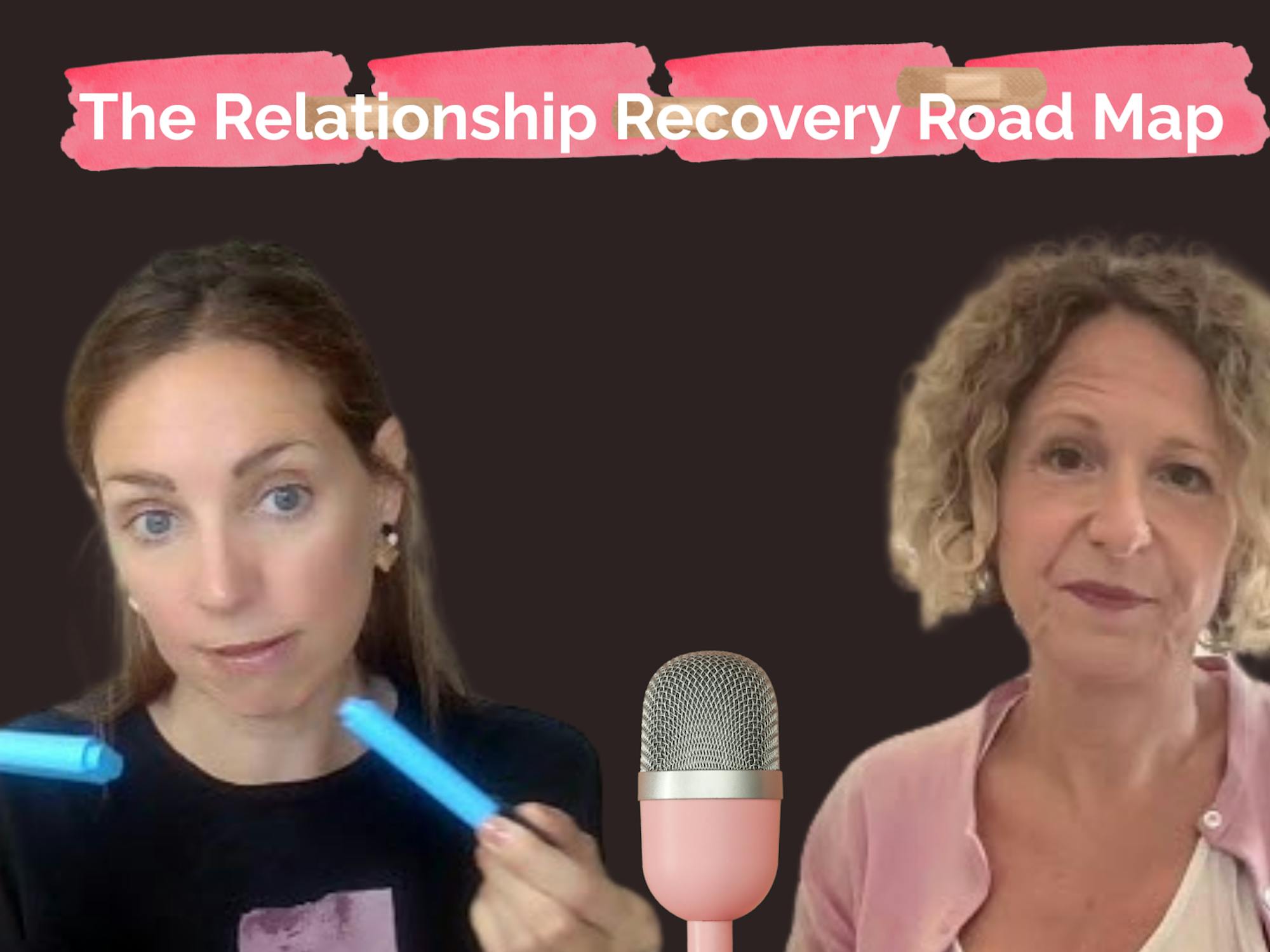Overwhelm of caring for our partner
How many relationships are affected by long-term illness and what do people in this situation need to consider to be able to not only support their partner but to stay in a positive place themselves?

Cherry Seaborn’s struggle with cancer has been in discussion in the media recently after Ed Sheeran opened up about the impact his wife’s illness had on his own mental health, leading him into a depressive spiral. How many relationships are affected by long-term illness and what do people in this situation need to consider to be able to not only support their partner but to stay in a positive place themselves?
Relationships can be challenging, so what happens when one partner is struggling with a serious condition? Whether it’s a condition that has developed quickly or one that has been gradually increasing in severity for years, how does this impact on our relationship?
Having a chronic illness is an exhausting burden to hold and depending on the severity of the illness, can be debilitating. About 15 million people in England have a long-term health condition. As well as the person suffering from the condition itself, it can be easy to forget how long term illness can affect the people around an individual with the chronic condition.
Chronic illness can be especially hard on partners.
Have you recently met someone special who has a chronic condition? Has your partner just got a diagnosis and you’re looking for support to find out how best to help? In this article we will discuss coping with a partner’s diagnosis, respecting both their needs and your own self-care.
Coping with a partners diagnosis and how you can help them
Whether you are in a long-term partnership or you just met, there are many do’s and don’ts when supporting a partner who has just opened up to you about their health struggles.
Communication
Discussing a chronic condition can be a challenge and can easily become very emotional. The first step towards supporting your partner is listening. They are likely feeling very overwhelmed and letting your partner know they are in a safe space in which they can discuss how they are feeling is important. In a new relationship, asking too many questions can be invasive, allowing them to open up to you and discuss what they feel comfortable with.
This leads us on to communication. Communication is essential in any relationship and is especially important when dealing with such a sensitive topic. Be open with your partner about any concerns and let them know they are loved and supported.
Learning
Reading others’ stories and doing research on your partner’s condition may help you have a deeper understanding of what your partner is experiencing. Many people discuss their chronic pain journeys online and finding out what they’re partners did to make them feel supported may be beneficial to your partner and your relationship. Ioan Gruffudd’s girlfriend, Bianca Wallace has recently opened up about her experience with Multiple Sclerosis and has discussed the downfalls of her past relationships as well as what her current partner, Ioan Gruffudd has done to support her.
Quality time
Spending quality time together in any relationship can be hard especially when it comes alongside a busy lifestyle. We surveyed the many visitors to our website to find out how much quality time the average couple really spends together. Our results found that of respondents only 35% of couples regularly enjoyed fun activities with their partner!
Given these statistics, we know that this can feel impossible to navigate when a partner is also dealing with chronic pain, nausea, fatigue or any of the common symptoms that come along with a chronic diagnosis. Quality time is an essential part of a long lasting relationship and is important for couples with stressful lifestyles. Here are some tips to help you organise some quality time with your partner.
- Organise date nights
Plan out weekly or even monthly date nights and ensure you have them in your calendar, this will cause less stress over when you are both available, where you should go or what you should do. Remember that quality time doesn’t always have to be big or expensive, simply watching a movie together or making dinner can be excellent time spent together and result in the best memories.
- Be flexible
Partner has always wanted to go salsa dancing? Be open to trying new fun activities together whilst also considering your partners extra limitations related to their illness
- Prioritise
Prioritise your relationship and make time for your partner. This may mean moving certain events or tasks to the side but always make sure you are organising your time effectively.
- Be present
Lastly, remember to stay present, date nights can be exhausting with a partner who isn’t engaged in the conversation or does not appear to be having fun. Stay engaged and appreciate the time you and your partner have together.
We ALL need support… even the partner giving care!
When we see our partner experience pain or distress, it can be very easy to forget to consider our own emotions and even feel guilty for having certain feelings. It is important to remember that your feelings are valid and you must take care of yourself before you can take care of someone else!
“The danger is that we spend all of our effort looking after the other person who is ‘sick’ but then don’t look after our own needs, and eventually suffer from some kind of breakdown”, says Matt.
Ensuring you have a healthy lifestyle will help improve your overall mental health. Have a healthy sleep routine by turning your phone off before bed, going to sleep at the same time every day or reading a book before bed.
“How different the days go when we’re feeling fully rested and resourced compared to when we are not,” says Matt. “This could be the difference between getting triggered by the frustration of a difficult conversation, and staying in a good place and reaching a positive resolution.”
Have a healthy, varied diet and ensure you are eating when you’re hungry to stay fuelled throughout the day. Lastly, carry out exercise regularly, whether that be strength training, sports or a short walk, find a form of exercise you enjoy and create a routine.
Exercise has been shown to significantly improve mental health both immediately and in the long-term as well as shrinking the negative health impact of stress on the body.
Find healthy ways to cope with your stress and relieve any pressure that you may put on yourself inside and outside of your relationship. Reducing overall stress will lead to you being more present and patient with your partner.
Journaling is a great way to cope with stress. Writing down your thoughts, feelings and concerns can help you express and process your thoughts. Journaling has also been shown to promote self-reflection and problem solving skills.
Lastly, when a partner is newly diagnosed, individual or couples therapy can be an effective way for couples to develop a healthy relationship alongside a chronic condition. Therapy can help individuals and couples understand what they are feeling, why they are feeling it and how they can move forward. Matt and Rebeca at Aligned with Love work both with individuals and couples who are experiencing issues such as these in their relationship. Head over to our website to learn more if this is something that could have a positive effect on your life.
- Pain
- Therapy
- Couples Counselling
- Relationships



